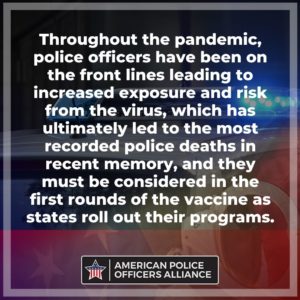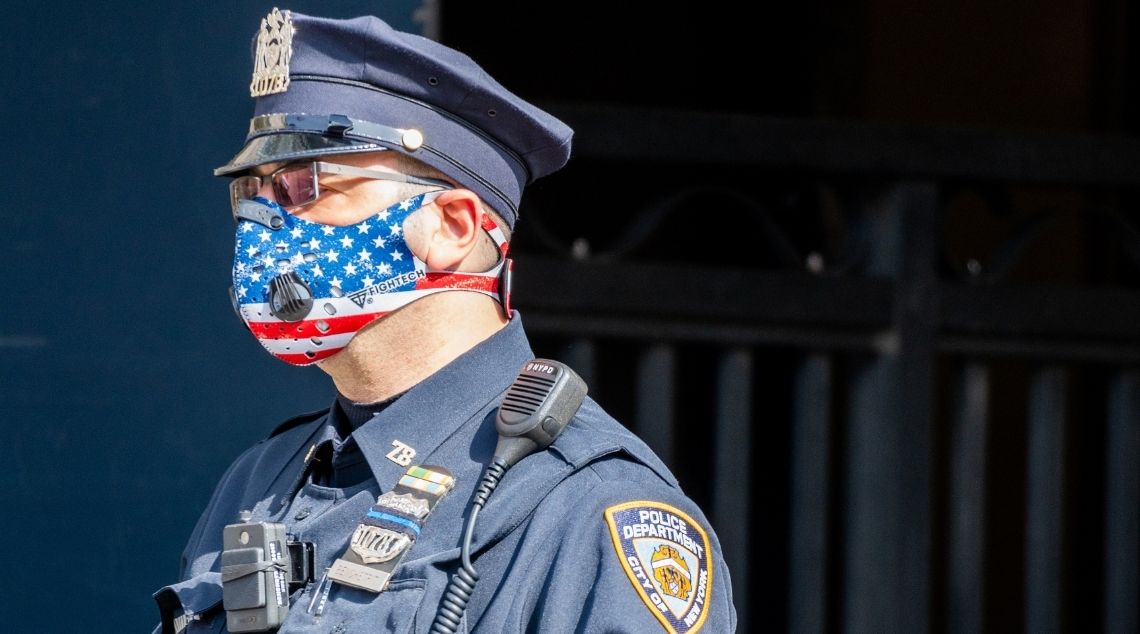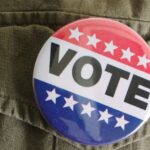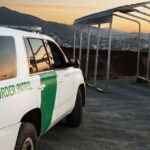Nearly a year into the Covid-19 pandemic and America is still suffering through the consequences of the virus. But it appears hope is on the horizon. With many new treatments and vaccines being rolled out to states via the federal government as we speak, hope may be on the horizon. But with the introduction of the vaccines to the public emerges the dilemma of who to inoculate first. The elderly and those with compromised immune systems are the obvious first choices, however, front line workers must be considered as top candidates in the opening rounds as well. Throughout this pandemic, police officers have been on the front lines leading to increased exposure and risk from the virus, which has ultimately led to the most recorded Police deaths in recent memory, and they must be considered in the first rounds of the vaccine as states roll out their programs.

Police are essential workers. They do not have the option to work from home and their presence in their communities is essential to maintaining safety and order. In short, Law Enforcement must continue at all costs. This puts police at the epicenters of exposure to Covid-19, people’s homes. Back in April, Chicago Interim Police Superintendent Charlie Beck said that “We have always been more at risk for violence because of our profession and now I think we are more at risk of [the] virus because of our profession,” reported Time. And the virus has hit many Police departments in waves throughout the pandemic. For instance in New York City, “Some 6,100 uniformed officers, or about 17% of the 36,000-strong workforce, called out sick,” in April at the early stages of Covid-19, according to CNBC. Being on the front line makes police especially vulnerable to infection, and liable to spread to their communities, but also to their department. Getting a vaccine can help ensure that operations do not become threatened when multiple officers are forced to stay home sick.
Perhaps the most pressing and justifiable reason for why police should be the first in line for the Covid-19 vaccines is because 2020 has been one of the deadliest years on record for police across the country. According to reporting by Fox News, line of duty deaths for police have jumped nearly 60% in 2020, directly attributed to the virus. The National Law Enforcement Officers Memorial Fund has reported that there have been 210 line of duty deaths for Police in 2020, compared to 133 in 2019. The organization told Fox News, “The National Law Enforcement Officers Memorial Fund has confirmed that the COVID-19 pandemic has accounted for more officer line-of-duty deaths than firearms or traffic fatalities combined.” And The New York Post reports that over half of these deaths were from Covid-19 alone: “At least 111 officers from police departments, sheriff’s offices and corrections departments have died after contracting the coronavirus while on the job…” Putting police at the front of the line to receive vaccinations will reduce the risk of death for those who have not been infected with the virus so that moving into 2021, Covid-19 is no longer a leading killer of police in America.
Ultimately, who receives vaccinations first will be determined individually by each state in the nation. While it is likely that they will follow similar formulas, there is no guarantee that emergency personnel, including police will be put to the front of the line. But by doing so, states can reduce the burden of the illness on those who are our first line of defense, which in turn can make our emergency services most effective if another crisis were to break out while the general public awaits the vaccine.
Image Credit: Photo by Julian Wan on Unsplash
While there are many countless and thankless jobs across our country that have required thousands of selfless individuals to continue serving their communities in various functions, no single profession has found itself more entangled in the web of Covid-19 and subsequent social fallout than the members of law enforcement.









